
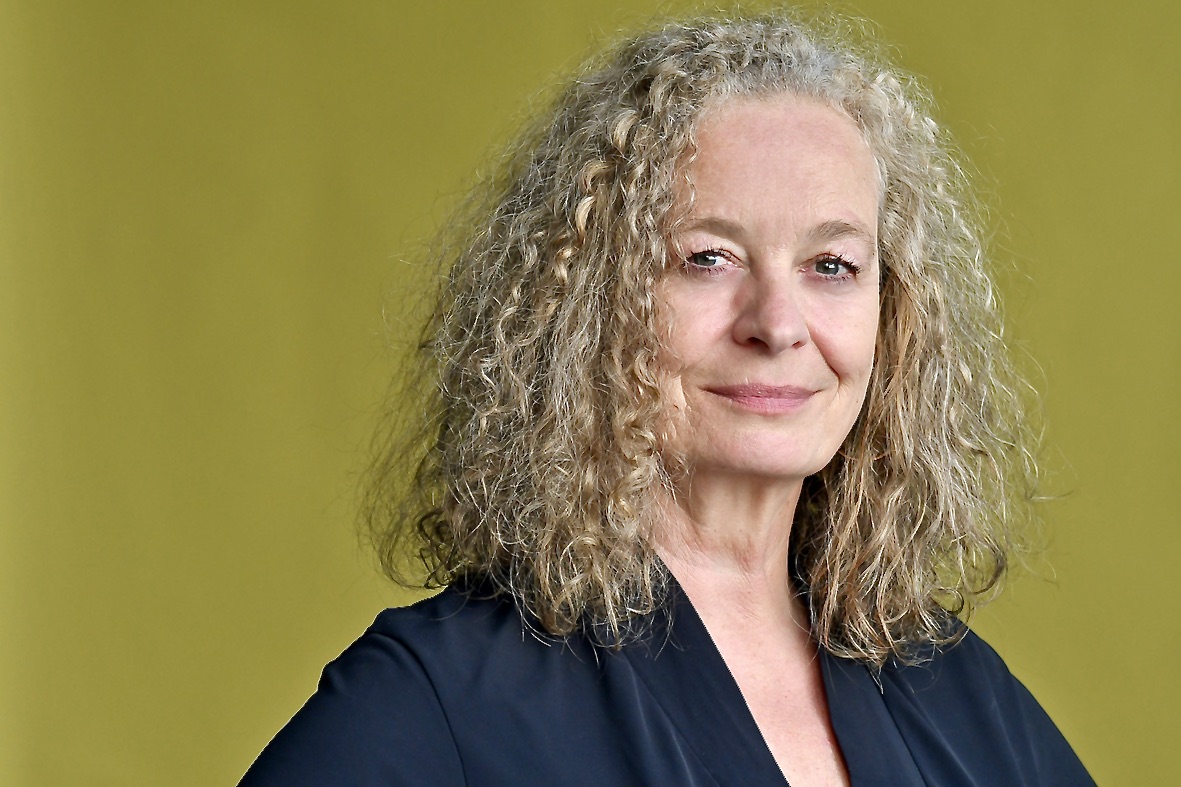
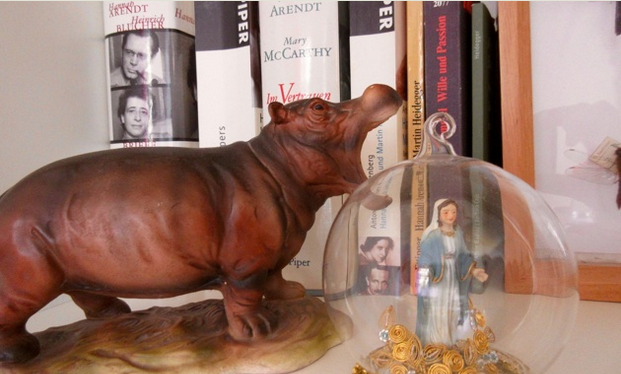
Carolin Otto
In Hamburg geboren, aufgewachsen im Rheinland, Studium Dokumentarfilm und Regie an der HFF München. Im Anschluss absolvierte ich die Drehbuchwerkstatt und promovierte 2019 (PHD) an der Bauhaus-Universität Weimar in Freier Kunst über das Thema Drehbuchschreiben: Von den Fakten zur Fiktion. Seit 1995 bin ich als Drehbuchautorin und Filmemacherin tätig. Ich schrieb TV-Drehbücher unter anderem für Polizeiruf, Tatort, Bulle von Tölz, München 7, Lena Lorenz, den ZDF-Zweiteiler Bier Royal und die Adaption von Justizpalast. Ich bin Autorin, Regisseurin und Produzentin der Kinofilme Aphrodites Nacht und Der Weiße Rabe – Max Mannheimer. Von 2019 - 2025 bin ich Präsidentin der FSE (Federation of Screenwriters in Europe). 2025 erscheint mein erster Roman Berchtesgaden im Lübbe-Verlag. Ich lebe (meist) in München.
geboren in Hamburg, aufgewachsen im Rheinland, Abitur, Volontariat bei der Zeitschrift Überblick, Düsseldorf
1983-85 Studium Philosophie an der LMU München, gleichzeitig freie Journalistin
1985-93 Studium an der HFF München, Dokumentarfilm
1994-95 Drehbuchwerkstatt München
1998/99 Lehrtätigkeit HFF München, Drehbuchlabor Wien
2008-2011 Lehrtätigkeit an der IFS Köln, Seminar Miniplot
2007-2015 Vorstandmitglied im Verband Deutscher Drehbuchautoren VDD
2009-2014 Vorsitzende der FFA-Drehbuchkommission
2010 November Vortragsreise mit dem IFA durch Japan mit DER WEISSE RABE
2011-2018 PhD-Studiengang an der Bauhaus-Universität Weimar
2011-2017 Konzept und Durchführung der Reihe Fokus Drehbuch auf dem FSFF
2013 Unterricht Filmarche Berlin
2013-19 Vorstandsmitglied der FSE, Federation of Screenwriters in Europe, Brüssel
2015-2017 Konzept und Durchführung FSE-Screenwriting Award in Brüssel
WS 2016/2017 Unterricht an der Bauhaus Universität Weimar, Fachkurs Drehbuch
2018 Tutorin im Pilotprogramm der MDM – Mitteldeutsche Medienförderung
2018 Konzeption der World Conference of Screenwriters 04 (FSE, VDD und IAWG) in Berlin
WS 2018/19 Promotion an der Bauhaus Universität Weimar: „Von den Fakten zur Fiktion – eine praktische Untersuchung der biografisch-historischen Filmnarration“
Seit 2019 Präsidentin der FSE, Federation of Screenwriters in Europe, Brüssel
2020 Tutorin im Programm Heldinnen in Serie, Location Austria
2024 Jurymitglied If she can see it Drehbuchforum Wien
2025 Der erste Roman BERCHTESGADEN erscheint im Lübbe-Verlag.
Filmografie (Auswahl)
2009 DER WEISSE RABE - MAX MANNHEIMER Buch, Produktion und Regie: Carolin Otto Dokumentarfilm, Filmfest München (2009) Prädikat "besonders wertvoll" Link: https://vimeo.com/458444674 Passwort: Nh6!7R4M
2007 APHRODITES NACHT Buch, Produktion und Regie: Carolin Otto 2008 Kinostart in ausgewählten Kinos.
ab 2024
Headwriting für LENA LORENZ, ZDF
2024–2015
LENA LORENZ
ZDF, Reihe, 90 min. 6 Folgen, Drehbuch
2020 - 2023
JUSTIZPALAST
ARD/Degeto, Drehbuch, nach dem gleichnamigen Roman von Petra Morsbach
2019
BERCHTESGADEN
Pilot und Serienkonzept gefördert vom FFF-Bayern
2019 - 2021
WEIBERLEIT
ZDF, Serienkonzept und Buch, 6 x 45 Min.
2016 - 2018
BIER ROYAL
ZDF, 2 x 90 Min., Drehbücher
2012
MÜNCHEN 7
BR, 2 x 45 min. Folgen, Drehbuch
2010 - 2011
AMOR MUNDI - DIE LIEBE DER HANNAH ARENDT
Drehbuch 90 min.
2008 - 2005
DER BULLE VON TÖLZ
Sat.1, 2 x 90 min. Drehbuch mit P. Lüschow
2007
TATORT - DER FINGER
BR, Drehbuch
2006
DAS MÄDCHEN AUS DER FREMDE - HANNAH ARENDT
BR-Alpha, 5 x 15 Min. Buch und Regie
World Media Award in Silber (2008)
2005
KANT, SOPHIE UND DER KATEGORISCHE IMPERATIV
BR-Alpha, 5 x 15 Min. Buchbearbeitung und Regie
2001
POLIZEIRUF 110 - UM KOPF UND KRAGEN
BR, Drehbuch
1997
PI – DIE POLIZISTIN
ZDF, Buch und Regie
1990
VEILCHENBONBONS
Produktion: HFF München
Buch und Regie: Carolin Otto
Preis der Stadt Gera (1991)
Deutsche Film- und Medienbewertung FBW - Prädikat "besonders wertvoll" (1991)
Preis der deutschen Filmkritik - Bester Kurzfilm (1991)
Golden Gate Award San Francisco - Honorable Mention (1991)
2024FFA Drehbuchförderung für den Kino-Dokumentarfilm: Herr Otto, was ist heute deutsch?
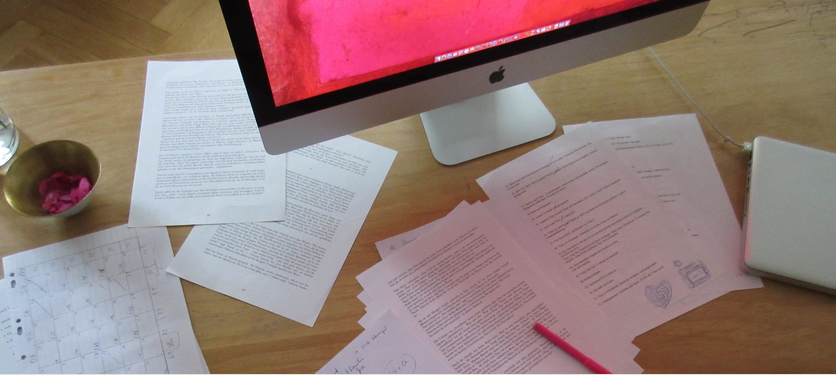
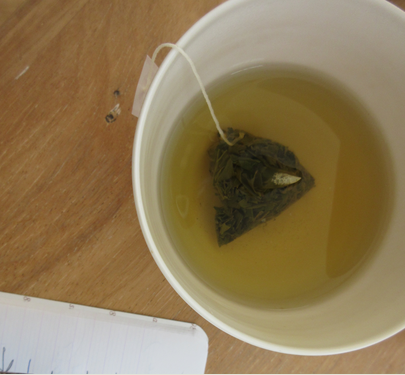
Literatur
Mein erster Roman ist am 31. Januar 2025 erschienen.
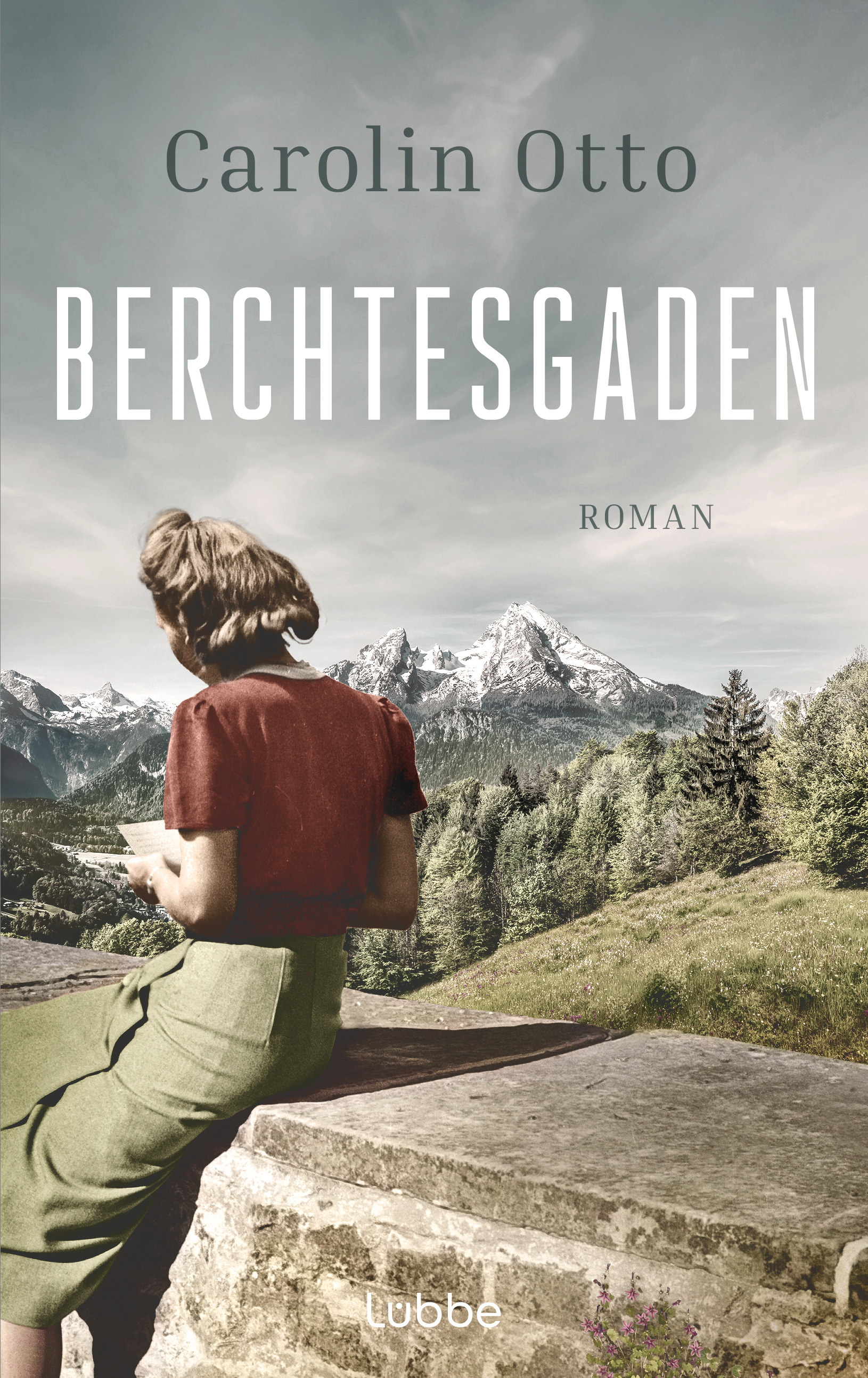
Berchtesgaden, Frühjahr 1945. Die Lieblingsstadt des Führers kapituliert, die US-Amerikaner übernehmen die Regierung. Trotz ihres bescheidenen Englischs tritt die 19-jährige Sophie eine Stelle beim Military Government an, wo sie zum ersten Mal mit der ganzen Wahrheit über die deutschen Verbrechen konfrontiert wird. Sie trifft dort Menschen, die den Blick auf ihre eigene Familie verändern. Da ist ihr Chef, der jüdische Emigrant Frank Rosenzweig, der auf Nachricht überlebender Verwandter hofft, und seine Freundin, die glamouröse Kriegsreporterin Meg. Der einst zum Tode verurteilte Bürgermeister Rudolf Kriss. Und der schwarze GI Sam, in den Sophie sich verliebt. In Berchtesgaden kreuzen sich ihre Wege auf schicksalhafte Weise …
![]() Lübbe Belletristik
Lübbe Belletristik
Hardcover: 24,00 €
eBook (epub): 16,99 €
ISBN: 978-3-7577-0058-4
Lesungen siehe Aktuelles
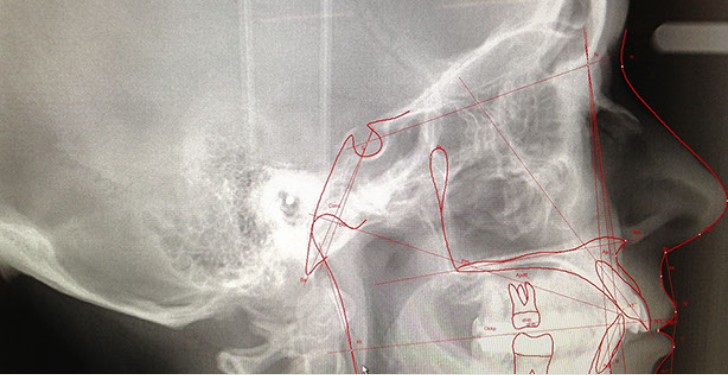
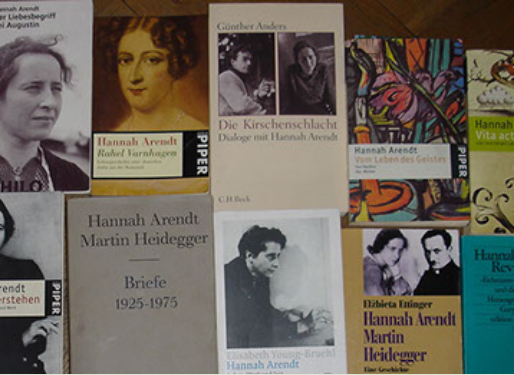
WISSENSCHAFT DREHBUCH
Selten schreiben aktive AutorInnen über die Prozesse, die sie während ihrer Arbeit durchlaufen, und die Mittel, die sie einsetzen. Meist bleibt der Entstehungsprozess eines Kunstwerkes sowohl auf der intellektuellen als auch der physischen Ebene im Dunkel.
KünstlerInnen sprechen nicht gern über ihre Arbeit, das Werk soll für sich sprechen. Implizites Wissen und Handwerk werden unbewusst
angewandt, werden aber nicht dokumentiert. In der öffentlichen Wahrnehmung existieren die Prozesse folglich nicht. Die Schaffensabläufe selbst sind rückwirkend nicht mehr zu identifizieren und damit weder darstell- noch kommunizierbar.
Die Unsichtbarkeit der UrheberInnen und des zugehörigen Arbeitsprozesses ist nicht nur für die persönliche Anerkennung ein Problem. Die Diskussionen um geistiges Eigentum, Urheberrecht, Digitalisierung und Künstliche Intelligenz sind dringlicher Anlass zu
künstlerischer Forschung.
Sichtbarkeit und Kenntnis der Prozesse sind Schlüssel zu einer angemessenen Vergütung der UrheberInnen. Nur Schaffensprozesse, die erkennbar sind, werden als wertschöpfend und somit als zu vergüten identifiziert.
Aktive KünstlerInnen müssen also zum Sprechen über ihre Arbeit animiert, Schaffensprozesse sicht- und kommunizierbar gemacht, implizites Wissen und Handwerk dokumentiert werden.
Friedrich Schiller schrieb über das Theater, Wassily Kandinsky über die Malerei und Arnold Schönberg über die Musik. Die Reflexion der Künstler hat ihr Werk beeinflusst und gestaltet. Sie haben ihre Werke auf einer weiteren Ebene „zum Sprechen“ gebracht und damit zugleich ihre Techniken der interessierten Allgemeinheit und anderen Kunstschaffenden zur Verfügung gestellt.
Sie waren sichtbar.
Ein gutes Drehbuch ist die Grundlage für einen guten Film, auch wenn im Bewusstsein der Allgemeinheit meist allein die Regie steht. Dabei ist der dramaturgische Zugriff für das Gelingen eines Films entscheidend.
Im Drehbuch geht es nicht allein um Dialoge und Worte, sondern vor allem um die Konstruktion der Filmerzählung. Sprachliche Schönheit spielt (meist) eine untergeordnete Rolle. Denn ein Drehbuch ist der architektonische Plan eines möglichen Films, Worte müssen die späteren Bilder in diesem Stadium ersetzen, bzw. den Film in der Imagination der Leserinnen und Leser veranschaulichen. Inhalt und narrative Form werden hier festgelegt. Hier liegt der Nucleus des Films.
Jedes Drehbuch ist ein Versprechen mit subjektiven Projektionsmöglichkeiten, in jedem lesenden Kopf befindet sich ein eigenes Kino. Das Drehbuch dient als das Verkaufsargument schlechthin, denn (nicht nur) das deutsche Kinopublikum gibt mit Abstand als wichtigsten Besuchsgrund an, dass die Geschichte oder das Thema des Films sie interessieren. Damit ist das Drehbuch zugleich das erste Finanzierungsinstrument: Anhand des Drehbuches entscheiden sich Finanziers, Produktion, Stars und Regie, ob sie den Film realisieren wollen.
„The writer ist the most important person in Hollywood, but we must never tell the son-of-bitches.“
Dieses Bonmot von Irving Thalberg, einem bekannten Hollywood-Produzenten der 1930er Jahre, bringt die ambivalente Position der AutorInnen auf den Punkt.
Da DrehbuchautorInnen in dem Moment in den Hintergrund rücken, in dem das Filmteam – eine große Familie für die Zeit der Dreharbeiten – mit der Umsetzung der fertiggestellten Arbeit beginnt, werden sie bei Premieren, Festivals, in Rezensionen, Laudationes und Präsentationen häufig vergessen. Sie stehen am Anfang der Produktionskette und übergeben nach getaner Arbeit an andere. Ihr Werk geht auf im Film und verschwindet in dieser Metamorphose. Das ist seine Bestimmung, denn ein unverfilmtes Drehbuch ist nur eine – aus welchen Gründen auch immer – ungenutzte Möglichkeit. Ein Drehbuch ist keine Literaturgattung im eigentlichen Sinne, und meist wird es genau einmal verfilmt. Dennoch ist die Leistung der AutorInnen die ursprünglich schöpferische: sie holen den Film aus dem Nichts und erfinden ihn. Mit ihrer Vorlage arbeiten andere weiter.
Ein Bewusstsein für diesen Umstand zu schaffen, war neben dem Wunsch nach reflektorischer Selbsterkenntnis und Fortentwicklung Anlass meiner künstlerischen Forschungsarbeit. Es geht um Sichtbarmachung normalerweise weder sicht- noch greifbarer Prozesse.
VON DEN FAKTEN ZUR FIKTION
– eine praktische Untersuchung zur historisch-biografischen Filmnarration
Während der Arbeit an dem Spielfilm-Drehbuch AMOR MUNDI – die Liebe der Hannah Arendt, das den künstlerischen Teil meiner Dissertation an der Bauhaus Universität Weimar (2019) bildet, wurde ich mit einer Fülle prozessualer und inhaltlicher Fragen konfrontiert.
Jede Autorin und jeder Autor eines sogenannten „Biopic“ wird im Laufe der Verwandlung von Fakten in dramatische Fiktion Antworten auf diese Fragen finden müssen. Im Film noch strenger als im Roman.
Ich wollte, nach Jahren der praktischen Arbeit als Drehbuchautorin mehr über mein Handwerk und meine Technik wissen und habe begonnen, meine Vorgehensweise zu untersuchen. Daraus ist eine Dissertation entstanden.
Im methodischen Abgleich meiner Arbeitsmethode mit derjenigen von acht internationalen DrehbuchkollegInnen entstand eine praktische Systematik der historisch-biographischen Filmnarration.
Der zugrundeliegende Fragenkatalog enthielt Fragen zu Themenfindung, Recherche, Quellen- und Werkbezug, Konstruktionssystematik, Selektion, Dramatisierung von Fakten, Umgang mit Dialogen und Sprache, Klärung rechtlicher und moralischer Aspekte, Grenzziehung in Bezug
auf freies Fiktionalisieren, Autonomie. Außerdem auch generelle Fragen zum Arbeitsalltag und Methoden der Problemlösung im Arbeitsprozess.
Für die Interviews wurden vor allem AutorInnen von Filmen über SchriftstellerInnen gewählt: John Brownlow spricht über Sylvia Plath, Christopher Hampton über Arthur Rimbaud und Paul Verlaine, Bruno Nuytten über Camille Claudel, Dorothee Schön über Erich Kästner, Scarlett Kleint über Brigitte Reimann und Fred Breinersdorfer über Hildegard Knef. Der Film Hannah Arendt (Autorin: Pamela Katz/Regie: Margarethe von Trotta war in seiner Entstehungsgeschichte für diese Untersuchung von besonderem Interesse, da hier eigene und fremde Vorgehensweisen unmittelbar vergleichend analysiert werden konnten.
Die sehr interessanten Interviews sind im Wortlaut als Annex ebenfalls Teil meiner Dissertation.
Als Untersuchungsmethode wurde Practice Based Research angewandt.
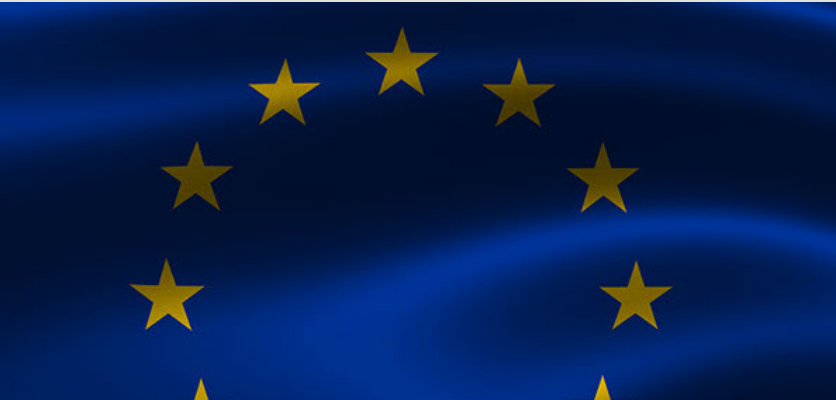
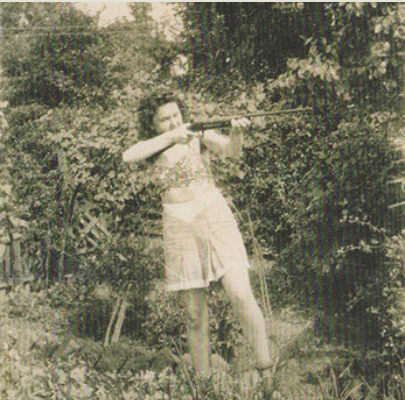
Politik
POWER AND FREEDOM
SPEECH AT THE WORLD CONFERENCE OF SCREENWRITERS IN BERLIN 2018.
By choosing the topics POWER and FREEDOM for this conference, the subjects are defined.
This is going to be political. Writers shouldn’t be surprised. Are you?
No.
POWER – in the eyes of writers – means first of all to have continuing influence on your script and the film it will become. In the beginning was the word.
The script is a construction plan, a dream and a financing tool. Words preceed images and have to project the future film into the heads of producers, actors, directors and all others involved into the production process.
Which means there are as many visions of the film as readers of the script.
You can see where the problem will arise…
Whose vision is the binding one?
Film always is a collaborative work. But it should never be forgotten that the original vision is the writer’s vision. His or her influence has to be assured - for the quality of the final product – the film.
But not only do we want the power to secure our vision, but we want to get paid for our work and the use of our rights. We want to make a living. The word showbusiness includes business.
To get this we have to band together. We have to build guilds.
Copyright Law and Collective Bargaining are the tools to get what we want. No single writer can use these tools. And no agent can. But they are sharp instruments in the hands of our Guilds.
Writers guilds are the only way to get through to legislative bodies – on national and international levels. Lobbying on Copyright law.
Only the guilds can bargain better conditions. The next big challenge is to cope with the expanding use of our work online and find a way of fair remuneration.
Guilds are made of solidarity. I wish that membership in the European guilds should be obligatory like in the American guilds. Only then the power would be in the hands of the writers as a whole group. In Europe, writers decide if they want to become a member. That already is a sign of a political mind.
Writers – you not only have rights, you have duties!
With NETFLIX and other producing streaming services the landscape changed. “Creators” means writers. They are the ones addressed by these companies because the writers guarantee the uniqueness of the film. The Power to secure the writer’s vision seems granted. Blinded by that writers sign strange contracts.
Netflix’ writers contracts are a secret. They all include a strict nondisclosure paragraph. There is no transparency. There are no residuals, never, however often the films will be viewed. As the films are produced and shown all over the world, new rules have to be built. These rules can only be bargained by our guilds. Guilds must share their experiences at an international level.
And then, Guilds are made of human beings. So they are as well the platform to get in touch with writers and people from other countries. FSE. IAWG. Common interests bring as together, but the idea of solidarity makes us a family. The family of writers.
For me it is fantastic to hear about or even visit a foreign country with the eyes of a writer from this country. That is better than seeing it with a tourist guide. Because our profession makes us, in someway, understand each other more easily. Our situation has similarities, beyond the specific national situation. So by that we can get in touch and build bridges.
Guilds do not serve just one group of writers. Most guilds don’t have different departments – you are a screenwriter, if you are writing daily TV Shows, if you are writing a movie or if you are a showrunner of your own TV show. Guilds have to take that in account.
There always is a revolutionary high when single writers decide to fight for something, but then the boring part follows. Any process within the guild and it’s members is hard work and eating a lot of volounteer writer’s time. But this is – democracy. I will say this word again: democracy.
The arduousness of the lowlands – or is the correct expression “trouble”? Or is it “effort”? Or pain of the plain? Die Mühen der Ebene in German. I love that expression. It is slightly depressing and at the same time giving hope. The plain is going to end at the foot of a steep mountain…
Here is something about writing and giving speeches in a foreign language. As a writer. Somebody who knows, loves, uses, challenges language. I hate speaking pidgeon. I feel clumsy and amputated. Metaphores, images, playing with words, double meanings and jokes (that’s the worst) don’t work like they used to. Nothing is coming easy. Maybe I’m creating funny pictures in your mind although I’m being serious. Lack of control. Grr. Dilletant.
But that’s the way we get in touch. So: long live pidgeon, which is the official language – in the family of non native English speakers. The ungroomed, wild, little sister of the English language.
Heinrich Blücher said about his wife Hannah Arendt: “ If you want to hear Hannah playing her Stradivarius, you got to hear her speaking German. Our English is just like playing the Beerfiddle.” I think this is a good comparison. But then Arendt began to write in English. Her books were first published in English and then in German. Arendt adapted to her new home, the US. She was able to. Other émigrés were not.
If writers leave their home countries because they have to, they will not be able to make a living with what their profession is. Their maternal language is the wrong language. They are deprived of what they learnt and love.
This brings me to the second topic of the conference: FREEDOM.
Since we met in Warsaw four years ago, in 2014, the world changed dramatically. I didn’t have the imagination for all the unbelievable plot points that screwed up my naïve script of the world’s near future.
Would anybody have believed that Great Britain voted for such a crazy thing like Brexit? The character I had in mind was a reasonable one. The one who would always try to find a thoughtful solution. The most democratic person I could think of.
And then, of course, the mean fool Trump becoming president. How the hell could that happen? I thought Obama was the beginning of the new age of brightness?
I was completely wrong. Some urban elitist bubble thing.
In Warsaw, two Turkish writers, members of the Guild SENDAR attended our meeting. SENDAR never was an official member of FSE, but they came regularly.
When we contacted them, we learnt, that the guild no longer exists. They were shut down by obscure tax debts suddenly put on them. We had a list of people who wanted to come, but finally nobody came.
The industry in Turkey is producing a lot – first of all soap operas, getting longer and longer for the same money. Very successful the Arab states. But the writers are deprived of their possibilities to fight for their rights.
Erdogan fights critical writers and puts them into jail. He doesn’t care about freedom of art, freedom of press or just the expression of your personal opinion. Many Turkish intellectuals left Turkey and lots of them live in Berlin.
We miss our colleagues from Turkey at this meeting.
Just to name some more things, apparently less crazy but as severe in terms of writer’s lives, and - most frightening - all happening in the European Union, who, as one of the founding conditions demands freedom of press and art. But: national governments don’t care!
In 2015, on year after we’ve been there, the Pis Party took over power in Poland. Our neighbor. 150 km from here. Like in Britain their success was a consequence of low participation in the elections. (Let’s mention again: democracy is hard work.) This right wing populist government began immediately with the demontage of justice and the free press. And the limitation of not only the journalistic, but the fictional productions of the public TV stations in Poland.
And, still in Europe, member of the European Union, Hungary slowly turned into an autocratic state, run by Victor Orban and his followers.
In 2011, The National Hungarian Film Fund was founded by a friend of Orban, Hollywood Veteran, Andy Vajna (involved in Rambo and Die Hard movies), who just recently bought the second biggest TV Channel in Hungary, TV2, that since that moment has become a close medial friend of the Fidesz-party. Apart from that he owns the monopol on Casinos in Hungary.
Now, our neighbor Austria, very close in Co-Production because we produce in the same language, experiences the immediate efforts of a right-wing-populist government to implement a new control level at the so called “red” public broadcaster ORF.
The cut down of the freedom of expression has reached the industry in the European Union, and thus our working lives.
I will not talk about the rest of us Europeans with populist governments – Front National, Sweden demokrats, right wing Denmark, Netherlands, you name it. Ciao bella Italia. And of course all the dictators in the world, that Donald Trump falls in love with, like Wladimir Putin or Kim Yong Il, or all the other guys he didn’t yet meet.
There is a wave of populist movements around the world.
Being here, in Berlin, being German, I want to talk about Germany. My country.
I am ashamed.
I don’t want this.
I am angry about all these rightwingpopulistfascistnazi people coming out of the shades and spreading physical and mental terror in the streets and poisoning the minds of people who claim to be afraid but in fact are very often only too lazy to really think.
And I’m angry at politicians who are adopting a populist opinion and way of talking instead of fighting these people.
I keep asking myself constantly: what can I do? Apart from demonstrating in the streets and writing letters to politicians.
We are writers. We invent the fictional narrative of societies. Our work is a powerful tool we have to use – even more in these times.
We are responsible.
It’s only together that we can move things.
We will have a right wing influence as well in the Public Broadcasters, as they can send deleguees into the Broadcasting council.
Up to now the influence is more subtle here, said the former head of the first German TV station, when we were talking about this conference. But she didn’t go into details when I asked for it.
But I do have an idea.
If for example in a “Heimatserie” – which means beautiful German landscape and emotional familiystories – characters with dark skin or gay characters will be avoided in order not to loose nationalist viewers --- we are lost.
These are the invisible lines that don’t have a real name. But they exist.
The Power on our vision will be useless then.
If democracy is not being protected by us, we are going to loose our jobs. Unless you like writing nationalist fairytales.
Bringing you together in this conference makes me dream of a global voice of screenwriters. It is the writers duty to speak up, when the freedom of expression is endangered.
Let’s do so. We will be heard. For Power, Freedom and Democracy.
It’s time. Be loud.
Get up!
Since 2018 things got worse.
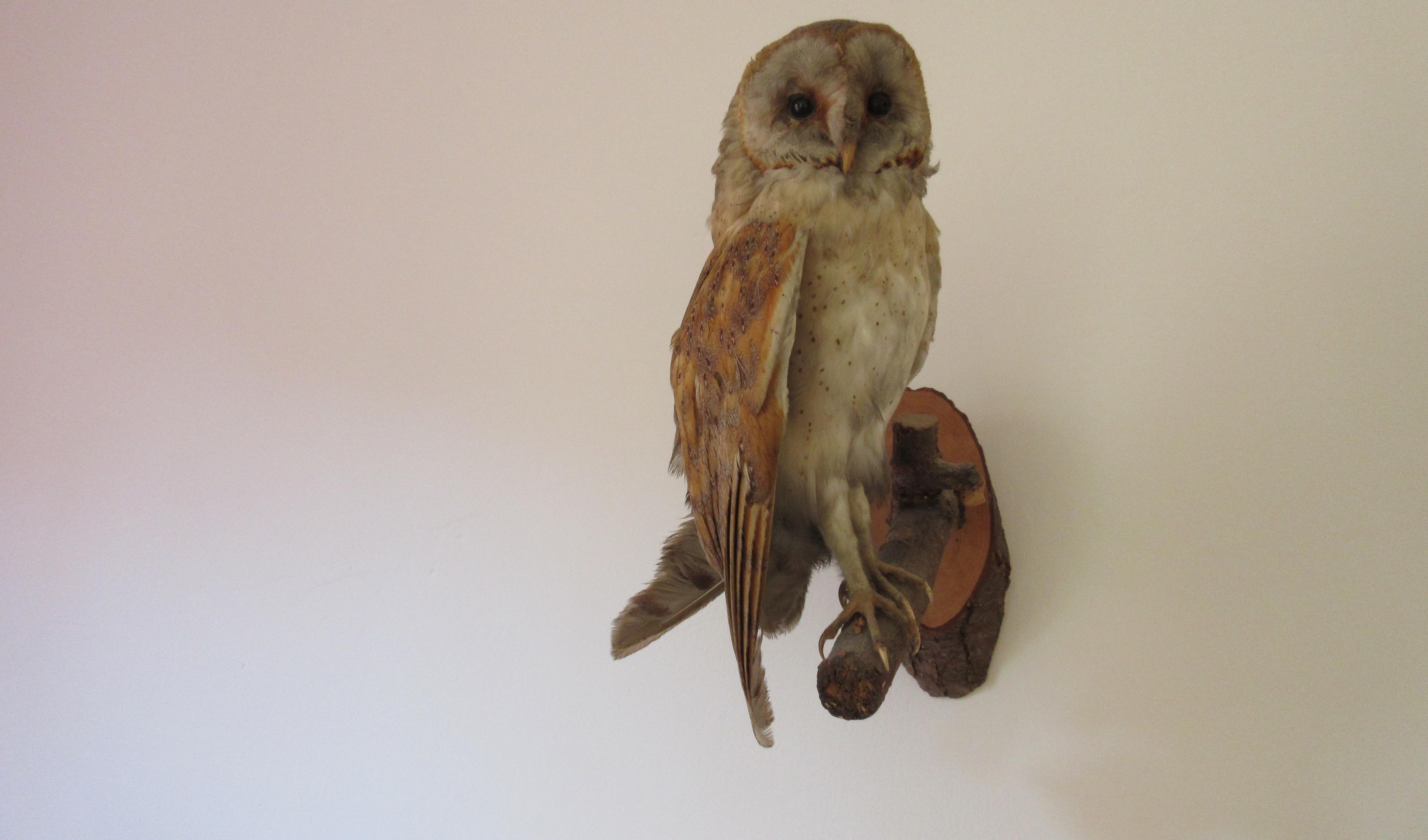

Aktuelles
Veranstaltungen:
FILM:
- Sonntag, 1. März 2026, 11 Uhr. Filmmatinee "Der Weiße Rabe - Max Mannheimer" und Gespräch mit der Regisseurin im Anschluss. Vortragssaal der VHS-Haar, Münchner Str. 3, 85540 Haar
ROMAN:
- Sonntag, 25. Januar, 11 Uhr. Lesung. Hasolibri - Haus am See, Am See 89, 83486 Ramsau am Hintersee.
- Donnerstag, 26. Februar, 19 Uhr. Lesung. Champagne Characters, Alter Messeplatz 6, 80339 München.
- Sonntag, 14. Juni 2026, 11.15 Uhr. Matinee Lesung. Stadtbücherei Pfortmühle, Sudentenstraße 1, 31785 Hameln.
Presse und Rundfunk:
![]() Berchtesgadener Anzeiger/Thomas Jander 22.2.2025.
Berchtesgadener Anzeiger/Thomas Jander 22.2.2025.
![]() Carolin Ottos neuer Roman: Mitläufer und Nazi-Gegner
in Berchtesgaden, 11.06.2025, Süddeutsche Zeitung
Carolin Ottos neuer Roman: Mitläufer und Nazi-Gegner
in Berchtesgaden, 11.06.2025, Süddeutsche Zeitung
![]() Bayern 2. Zeit für Bayern. 14.6.2025.
Bayern 2. Zeit für Bayern. 14.6.2025.
![]() WDR 5, Neugier genügt - Redezeit. Zwischen Erwachen und Verdrängen. Im Gespräch mit Julia
Schöning. Sendung 5.5.2025. In der Mediathek bis 5.5.2026.
WDR 5, Neugier genügt - Redezeit. Zwischen Erwachen und Verdrängen. Im Gespräch mit Julia
Schöning. Sendung 5.5.2025. In der Mediathek bis 5.5.2026.
![]() Bayern 1, Die blaue Couch. Carolin Otto, Autorin: "Wow! Was ich
alles machen kann!" Im Gespräch mit Dominique Knoll. Sendung 14.5.2025. In der Mediathek bis 14.5.2026.
Bayern 1, Die blaue Couch. Carolin Otto, Autorin: "Wow! Was ich
alles machen kann!" Im Gespräch mit Dominique Knoll. Sendung 14.5.2025. In der Mediathek bis 14.5.2026.
Podcast:
![]() Alles geht. Podcast HFF München mit Host Mareike Lindenmeyer. Folge 138 "Strukturiert Mäandern mit Carolin Otto"
Alles geht. Podcast HFF München mit Host Mareike Lindenmeyer. Folge 138 "Strukturiert Mäandern mit Carolin Otto"
![]() Gin and Talk. Über Schuld, Verdrängung und Erinnerung. Im Gespräch mit Daniel Fürg.
Gin and Talk. Über Schuld, Verdrängung und Erinnerung. Im Gespräch mit Daniel Fürg.
AUSSERDEM:
Immer noch online: ![]() BIER ROYAL.
BIER ROYAL.

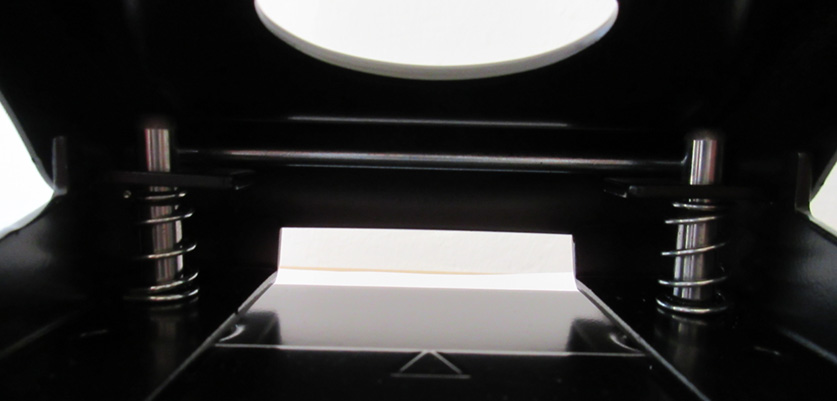
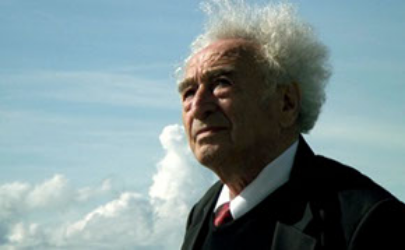 DER WEISSE RABE - MAX MANNHEIMER
DER WEISSE RABE - MAX MANNHEIMER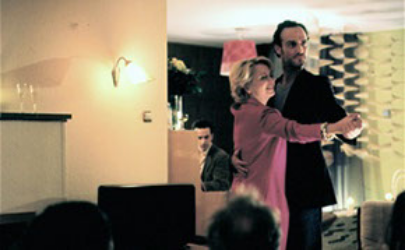 APHRODITES NACHT
APHRODITES NACHT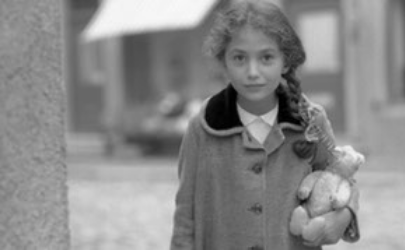 VEILCHENBONBONS
VEILCHENBONBONS






